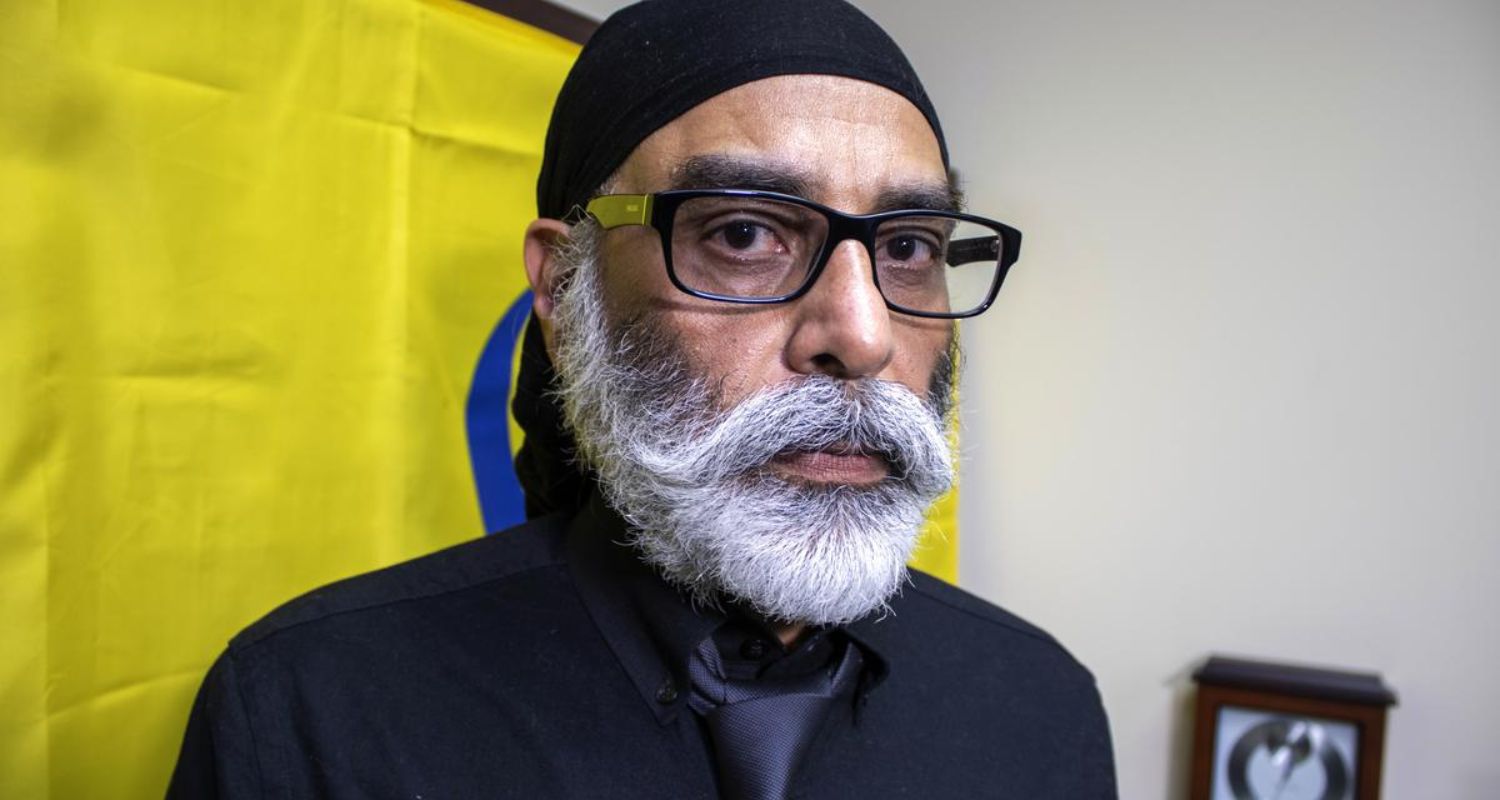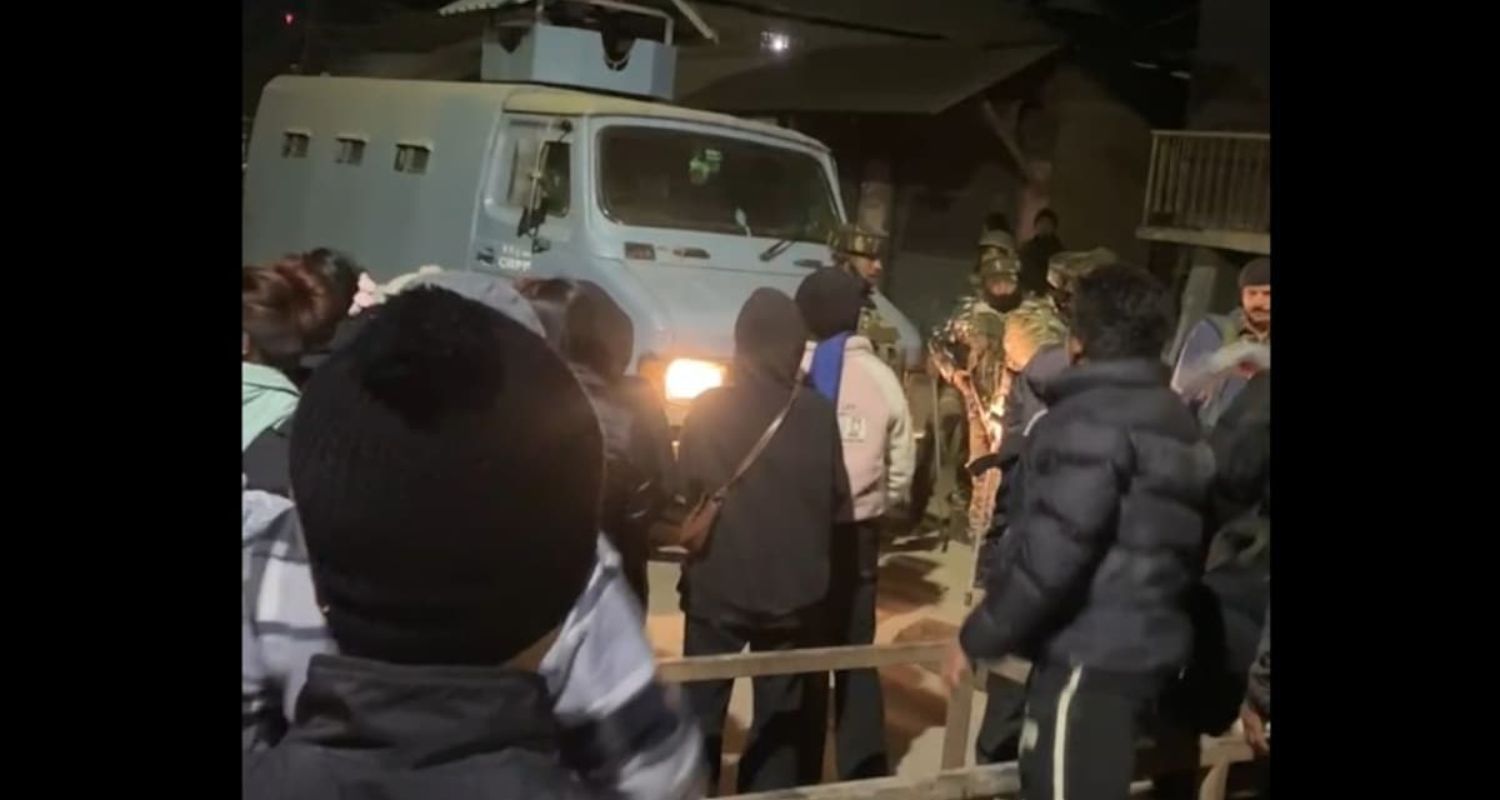The banned Khalistani group, Sikhs for Justice (SFJ), led by Gurpatwant Singh Pannun, who was designated a terrorist by India in 2020, has been inciting various communities in Manipur to secede from India, according to intelligence agencies. This move is part of SFJ’s broader strategy to promote separatism, and it has been targeting Muslims, Tamils, and Christians from Manipur.
SFJ has been encouraging the Christian community in Manipur to demand a "separate country," pushing the narrative of a "Manipur Christian country." Additionally, the group has been fueling Tamil Nadu's separatist ambitions for "Dravidstan" and stoking Muslim sentiments for an independent "Urduistan."
Intelligence reports also mention SFJ’s efforts to rally Dalits and farmers, claiming persecution and urging them to support their secessionist cause.

The violence in Manipur has already caused significant unrest, with over 250 deaths and 50,000 displaced since May 2023, as clashes erupt between the Meitei community and the Kuki tribes. The Meiteis are primarily Hindus, with some Christians and Muslims, while the Kuki are predominantly Christians.
The conflict centers around issues such as land rights, political representation, and the inclusion of Meiteis in the Scheduled Tribes category.
SFJ’s involvement has become evident in the context of the ongoing tensions. They have been amplifying the issue of "Manipur Khalistan," pushing the narrative of secession, particularly within the Christian communities.
The intelligence agencies also highlighted SFJ’s role in collaborating with terrorist organisations, gangsters, and Kashmiri separatists. SFJ continues to receive support from Pakistan, making it a significant threat to India's sovereignty.
In its efforts to disrupt India’s territorial integrity, SFJ’s agenda includes dividing the nation into smaller states, including Khalistan for Sikhs, Kashmir for Kashmiri separatists, Dravidstan for South India, and a separate state for Christians in Manipur. SFJ has also been inciting Sikh personnel in the Indian Army and police to desert their posts.
The Indian government has responded by extending the ban on SFJ for another five years, emphasizing the importance of maintaining the country’s unity and sovereignty.

According to the latest intelligence report, SFJ has been linked to 104 cases across India, including threats to high-ranking officials such as Prime Minister Narendra Modi, Home Minister Amit Shah, and National Security Adviser Ajit Doval.
The Manipur crisis has drawn international attention, especially with the involvement of Kuki-Zo leaders from Manipur, such as Lien Gangte, who have expressed solidarity with the Christian community in their secessionist claims.
Gangte’s controversial speech in Canada, where he condemned attacks on minorities in India and sought international help, sparked outrage. The event, which took place in the same gurdwara where Khalistani terrorist Hardeep Singh Nijjar was killed, added fuel to the already tense relations between India and Canada.
India has now issued a stern warning, outlining SFJ’s growing network of influence and the extent of its radical activities. The group’s chief, Gurpatwant Singh Pannun, is reported to have raised substantial funds for acts of terrorism, including the killing of political leaders and officials.
Also Read: Gurpatwant Singh Pannun's SFJ banned for 5 more years
These funds are intended to further SFJ’s goal of creating Khalistan and destabilising the Indian state.
In addition, SFJ has reportedly compiled a list of children of Indian police officers and politicians studying abroad, threatening to use them as bargaining chips in the event of any arrests or torture of SFJ activists.
The government has also noted that SFJ has circulated photographs of Indian diplomats, including Ambassador Vikram Duraiswami, to make them vulnerable to attacks.
This ongoing investigation into SFJ highlights the seriousness of the threat it poses to India’s national security, particularly as Prime Minister Modi prepares for his visit to the United States.
The intelligence agencies have emphasised that SFJ’s activities continue to undermine the unity of the country, and the government is committed to taking strong action against this secessionist group.
As tensions in Manipur escalate, the government's focus remains on quelling the violence and ensuring the stability of the region. The SFJ’s influence in Manipur, particularly among the Christian communities, is being closely monitored, as the group's agenda of creating divisions within India continues to evolve.
Also Read: Khalistan slogans raised by Pannun at Trump’s inauguration




